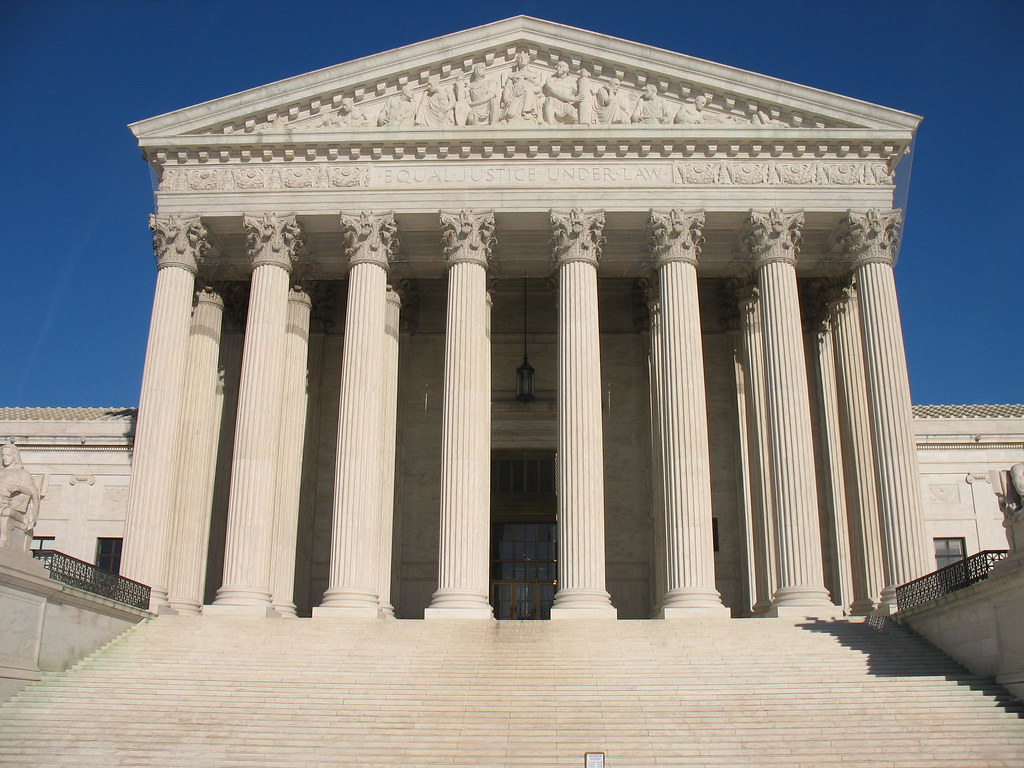Controversial U.S. Bill Would Lift Supreme Court Ban on Patenting Human Genes
By Kelly Servick,
Science
| 06. 04. 2019
A congressional proposal that would overturn a landmark U.S. Supreme Court decision that barred the patenting of human genes and ease other restrictions on patenting software and biomedical inventions is drawing fierce criticism from some scientific societies and patient advocates. Yesterday, the American Civil Liberties Union (ACLU) in Washington, D.C., along with more than 100 other signatories from research institutes and advocacy groups, released a letter to lawmakers arguing the changes would stifle medical research and hinder patients’ access to diagnostic tests.
The draft bill “would result in a quagmire of patent claims and legal impediments to the normal scientific exchange,” said Harold Varmus, a cancer biologist at Weill Cornell Medicine in New York City and former director of the National Cancer Institute, in a press conference yesterday. “It’s in the interest of virtually everyone to keep ideas and basic discoveries about the laws and products of nature in the public domain.”
The ACLU letter comes as the Senate Committee on the Judiciary kicks off the first in a series of three hearings that will examine potential changes to U.S. patent law...
Related Articles
By Scott Solomon, The MIT Press Reader | 02.12.2026
Chris Mason is a man in a hurry.
“Sometimes walking from the subway to the lab takes too long, so I’ll start running,” he told me over breakfast at a bistro near his home in Brooklyn on a crisp...
By Katrina Miller, The New York TImes | 02.05.2026
Joseph Yracheta: The Native Biodata Consortium is the first nonprofit data and sample repository within the geographic bounds and legal jurisdiction of an American Indian nation, on the Cheyenne River Sioux Reservation in Eagle Butte, S.D.
NativeBio participated in a ...
By David Jensen, California Stem Cell Report | 02.10.2026
Touchy issues involving accusations that California’s $12 billion gene and stem cell research agency is pushing aside “good science” in favor of new priorities and preferences will be aired again in late March at a public meeting in Sacramento.
The...
By Lauren Hammer Breslow and Vanessa Smith, Bill of Health | 01.28.2026
On Jan. 24, 2026, the New York Times reported that DNA sequences contributed by children and families to support a federal effort to understand adolescent brain development were later co-opted by other researchers and used to publish “race science”...




